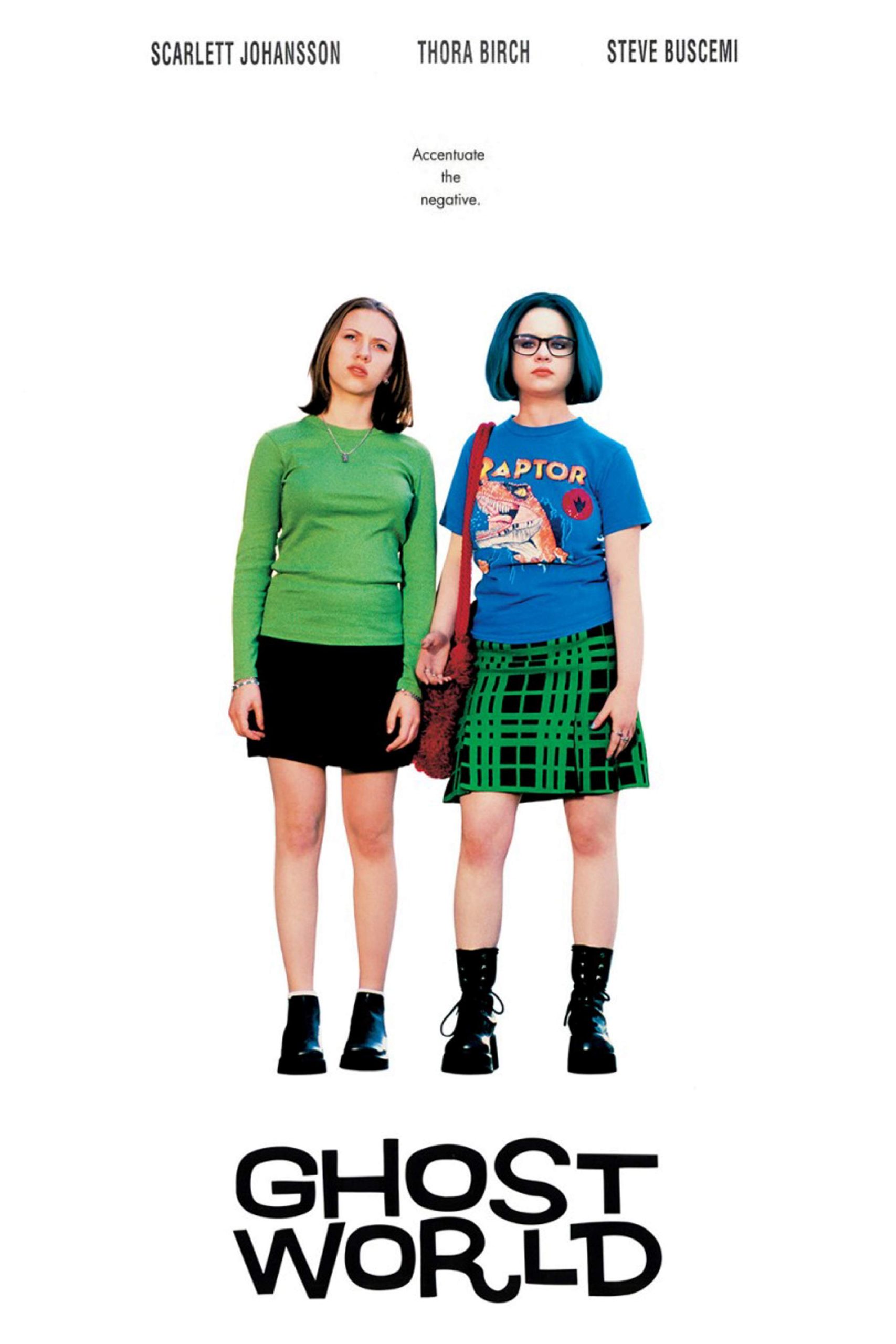Something odd happens to creative visionaries when they’ve achieved a colossal level of fortune and fame. Look at George Lucas, Peter Jackson or J.K. Rowling: After their successes with “Star Wars,” “Lord of the Rings,” and “Harry Potter” (respectively), none of them could let it go. They tried to top themselves. We all hanker after new challenges, but the artists’ reluctance to abandon their moneyed fantasy realms drove them into dark places. We were burdened with the infamous “Star Wars” prequels and edits made to the iconic originals. We cringed at the disastrous “Hobbit” trilogy. Rowling tried her hand at writing fiction for adults, but when scathing reviews poured in, she tucked back into the protective cocoon of The Boy Who Lived.
The last “Potter” book came out nine years ago, and since then, Rowling has released an unusual number of titillating new details about her old stories, sometimes via Twitter or in more unexpected venues. (She announced Dumbledore was gay at a Carnegie Hall event). She pubs new stories on her Pottermore website, like a recent set of essays about the history of magic in North America (“Potter” takes place in Great Britain). She is making her screenwriting debut in November’s “Fantastic Beasts and Where to Find Them,” yet another film set in the Potter universe. And the past-clinging doesn’t end there! A play called “Harry Potter and the Cursed Child” just opened on London’s West End, advertised as the eighth story in the HP canon and set 19 years after “Deathly Hallows.” Harry now works at the Ministry and his son Albus is starting Hogwarts. Rowling assisted playwright Jack Thorne in furnishing the plot, and the rehearsal script was published in book form on July 31 (Rowling and Harry’s joint birthday). Some bookstores hosted wistful midnight release parties, honoring the old tradition.
The play is better than I expected. At 308 pages and in play form, it’s a quicker read than the books (those averaged 600 pages), though by virtue of the medium it’s also missing a key Rowling prose ingredient: the immense, world-building description. A play is short and can only hit bolded points. “Cursed Child” develops at breakneck speed, cramming a complicated narrative into two hours so as not to strain anyone’s bladder (the films crammed, too). But all that strips a Potter tale of its wonderment, leaving only the entrails. The “Potter” books were laced with heavy themes like grief and death, but simultaneously brimming with light-hearted escapades; the Golden Trio sitting around a roaring fire in the Gryffindor common room, playing Wizard’s chess or gobbling delicious meals snug inside The Burrow. There was bantering and British wit. “Cursed Child” has some funny lines, but mostly dynamic action sequences, people racing against the clock and making frightening discoveries. While “Cursed Child” acknowledges the identities of Harry, Ron and Hermione were shaped by their tight-knit bonds, and plots a friendship between Albus Potter and Scorpius Malfoy (ironic), the script is just too serious. Moments of downtime are scant. Adapters of Rowling’s fiction keep forgetting friendships blossom in the spaces between battle sequences.
The play is also mired in sentimentality, something Rowling fought valiantly to avoid. Neither Harry and Dumbledore, nor Ron and Hermione ever said they loved each other in the books. Rowling showed us that they did, instead. But characters in “Cursed Child” utter cheesy lines without shame (“Thank you for being my light in the darkness.”) Sometimes it reads like fan-fiction. The Hogwarts kids I know would scoff.
Guess what? The play has pros, as well. In the London production, a black actress was cast as Hermione. She’s also the Minister of Magic (coinciding nicely with Hillary’s nomination). “Cursed Child” lends a layer of complexity to the “Deathly Hallows” defeat of Voldemort, noting the trauma warfare and the loss of loved ones can inflict. It’s more about inner wounds than magic tricks. Albus hates Hogwarts, a passion his father doesn’t understand, as Harry’s alternative home was with the Dursleys. Albus is blessed with a nice home and loving parents, but feels overwhelmed by the expectations of his famous dad. Thorne’s play coyly concedes the similarities between Albus and Voldemort; isolated, lonely boys misjudged by their peers and neglected by their fathers. Harry’s crappy upbringing reflects in his parenting style. Ginny is helpful, but most young boys crave their father’s favor most of all.
It’s difficult to consider Harry an interesting character on stage or screen. Most of what makes him special (his bold daring, his dry humor) is trapped inside his own head. Movies and plays can’t achieve human interiority like a novel can. What would Salinger’s “Catcher in the Rye” be like as a film? Hopefully we’ll never find out. The best part of this resurgence is the nostalgia. It’s cozy to slip back into. “Cursed Child” pays startling fidelity to previous “Harry Potter” books, and for a few hours I felt a tinge of the old enchantment again.













